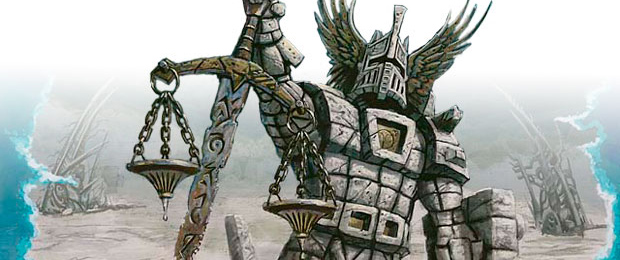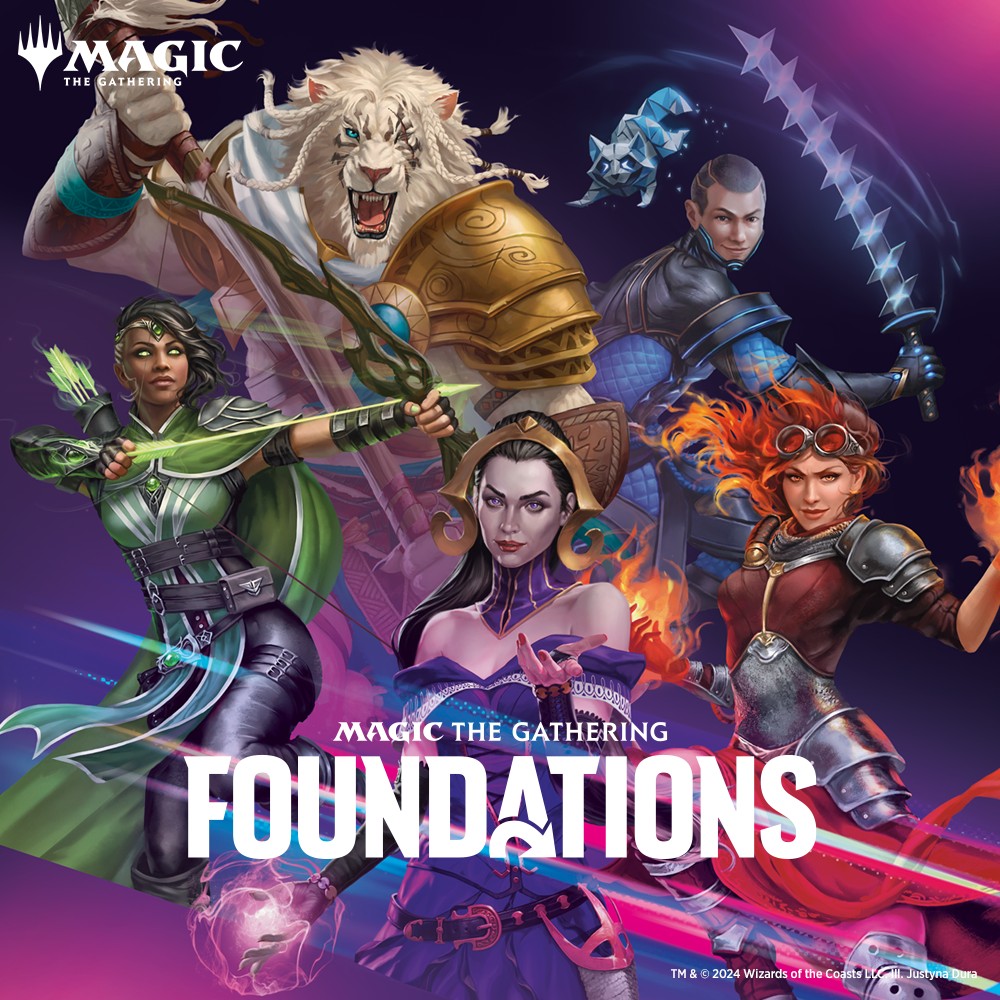We have all seen it before. You sit down with your friends or a new EDH group. And someone, or a few people, seem to consistently win, completely demolishing the others. It doesn’t bother some people but it may leave others feeling dejected and put off by the group or the format. If less people want to play with you or less people want to play the format, that is not good.
Though multiplayer games tend to balance themselves, it doesn’t mean having a Mana Drain cast against your Patron of the Orochi isn’t demoralizing. So I’m here to talk about a few angles on how to make sure everyone enjoys their EDH experience which not only helps your playgroup, but helps get others into the format. (Yes, believe it or not, some have still not made their foray into EDH.)
Know your playgroup
If you’re entering a new playgroup, it is especially important to know the decks’ average power levels. Even with established groups where everyone has 6 decks in their backpacks, it may be nice to ask about the power level before starting a game and selecting your deck accordingly. (Of course, this is assuming you have decks that are more or less polished than others). EDH games are not typically short and it’s really not fun watching one deck slowly and systematically eliminate each person from the game 1 by 1 over an hour or more.
If you’re just grabbing a seat and jumping into a game at your LGS, you can watch a game and pretty quickly figure out what power levels you’re dealing with. Do your best to match it.
Adjust your playstyle
This actually irritates me to no end: Don’t be petty in your decision-making. Play to win. Simple as that. No one faults the player that attacks the person with the most threatening board presence. No one thinks aloud: “Why are they trying to win? What jerks!” No one faults the person with the most threatening board presence when they try to cripple everyone else, either. Everyone understands this.
Avoid pettiness like targeting a player for the rest of the game because they destroyed your Sol Ring 10 turns ago. (Who runs Manic Vandal anyway?) Or just deliberately attacking for reasons other than the current game’s state. (ex.: “Billy’s my friend so i’ll just attack Sandy.” or “I didn’t like the way Jaime won last game.”)
Bonus: In game’s that are close, why not ask a die to make a decision for your target?
Improve your deck’s power level
Given the singleton nature of EDH and the fact that multiplayer does balance things out a little, it does means that a broad range of decks can actually compete against one another. I firmly believe that with little effort and little money, an EDH deck can be substantially improved.
Put in the research and get better cards
It may surprise you to know that the better cards you have, the better your deck will perform. Thankfully, because it’s EDH, cards that may do well in your deck may not necessarily be expensive. With some quick queries in Gatherer, you will soon find that there are cards that suit your deck for cheap. If you hit a brick wall, there are sites like EDHREC that will even suggest cards to you based on your commander.
Run removal
It seems silly, I know, but I think this is one of the top rookie mistakes. In not-so-competitive EDH games, I’ve watched permanent-filled games just stalemate. Eventually (thankfully), someone lands an evasive threat and wins the game, but not after a lot of time has gone by. Is this fun for some? Probably. But we're trying to make our deck's better. While I understand playing a big creature is more fun than casting Day of Judgment, your deck needs a way to catch up or break stalemates. Don’t stop at creatures, either. Cards like Vandalblast, Nevinyrral's Disk and Austere Command can all do quite a bit of work. Don’t forget to have an answer to indestructible and hexproof permanents, and graveyard shenanigans.
Look into synergies
The more competitive players see their decks as more than a pile of cards they like to play. Once you have a firm understanding of your deck’s game plan, research the various synergies you can use to support it and don’t be afraid to cut the cards you previously had in there for fun.
Decrease your deck’s power level
Of course, if you feel like your deck isn't competitive enough, you can do the opposite of what's suggested below.
Don’t play stax
For the unaware, Stax is a deck archetype that focuses on locking out opponents, usually by forcing them to tap/sacrificing permanents or pay increased mana costs. I will not debate that it is a legitimate archetype, it is. But if the purpose is to ensure everyone has fun, maybe play a different deck.
Get rid of your tutors and fixing
This actually makes a huge, huge difference. Even just a few tutors increase the consistency of your deck a noticeable amount. That said, when everyone else is rolling the dice for each of their top-decks, constantly having the right answer gets old. Don’t forget to leave out Sensei’s Divining Top, too.
Side out your combos
Combos are an essential part of competitive EDH, but in more casual games, casting Triskelion with Mikaeus, the Unhallowed on the board after an hour-long game tends to be… disappointing for everyone else but you. Just because you can’t combo doesn’t mean you can’t have fun. There are plenty of non-infinite synergies that can be just as exciting.
Try a theme
If you’re like me and it’s difficult to decrease your deck’s quality after getting used to making competitive decks, try confining yourself to a theme. If you’re exceptionally creative, the ceiling on how good your deck can be can be really, really low, even if you try hard. Don’t necessarily restrict yourself to tribes, either. Think about card art, artists or other themes.
Summary
Although losing isn’t fun for most people, there are things that everyone can do to make sure the hours spent before a loss are fun for everyone involved. Ensuring everyone has fun not only benefits your playgroup, but also helps bring others into the format.


